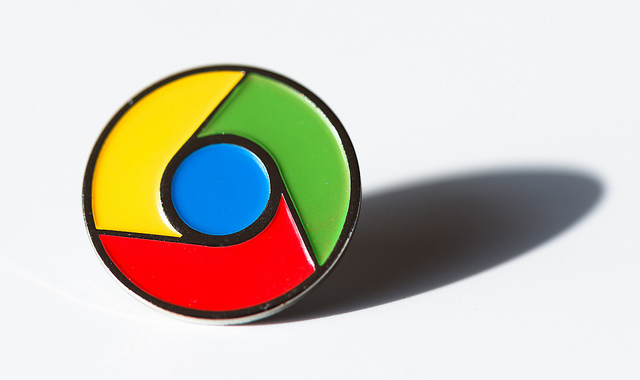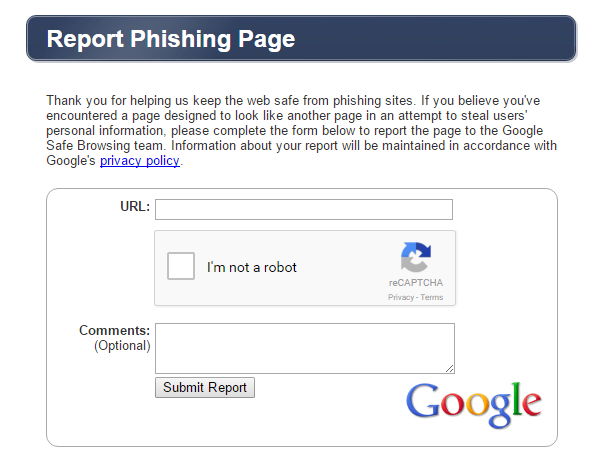How Google "cleans" its network from malicious publications

We are all tired of annoying banners, pop-ups and annoying advertisements that are trying to deceive and get any of our information when searching on the Internet. However, if it were not for Google, everything would have been much worse.
Last year alone, the largest search engine turned off over 780,000 advertisements that did not comply with the company's privacy policy. This figure shows that Google is more and more concerned about the removal of this type of advertising from its pages: in 2014, it blocked 524,000 advertisements, which is almost a third less than in 2015 . In fact, the company stated that it employs over 1,000 employees fight against potentially harmful advertising.
')
As you can imagine, all this work is done not only for our personal gain. The company builds its business model on advertising, which it sells to its advertisers, and this means that cleaning your network from malicious publications is their own long-term benefit.
Google avoids situations where their users may be at risk when using a search engine, but at the same time protects advertisers who are already losing about 5.7 million euros per year due to the infamous network of bots that mimic human behavior.

Google also published detailed information about the types of advertisements that it has blocked due to inconsistencies with its privacy policy. The most frequently blocked pages were pages that violate its policy regarding information on officially banned drugs or drugs: over 12,500 advertisements that tried to promote "alternative" medicine were disabled.
It is not by chance that the company is interested in blocking this kind of advertising. In 2011, she paid 500 million US dollars (approximately EUR 346 million) to stop an investigation by the US Department of Justice. The company was charged with selling advertisements to Internet companies from Canada (but based in the United States) that promoted completely illegal drugs.
Another area Google has been struggling with over the past year is the growing number of websites that are trying to trick their customers by offering them absurd weight loss methods (up to 30,000 advertisements) or selling products at very low prices (from 10,000 to 18,000 listings).
The company is not just worried about its users receiving false advertisements, but also trying to stop or prevent phishing attacks that promote malicious pages. Last year, about 7,000 pages were blocked that tried to force users to provide their critical personal information, as well as about 17,000 false advertisements.
The company also turned off over 10,000 pages that offer unwanted software to users, which could cause negative consequences when these users work on their computers. Google also works on eliminating unwanted software installation .

In addition, users can report to Google about cases where they have detected suspicious advertisements or pages that they think were created to steal information. In fact, any user can report a phishing page by filling out a simple profile.
The best solution in case of downloading a malicious file without your knowledge is the presence of a good antivirus.
Source: https://habr.com/ru/post/277009/
All Articles